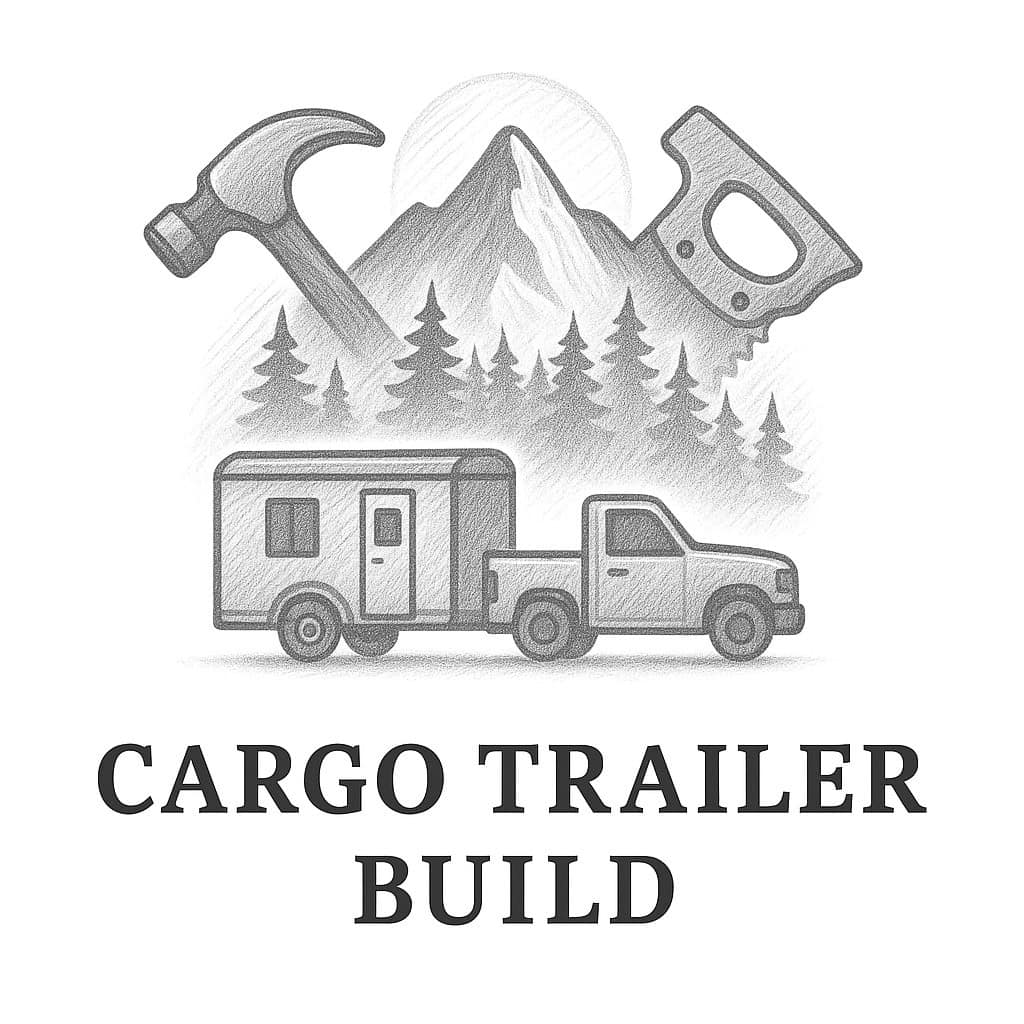Here’s the truth: enthusiasm doesn’t tighten bolts or crimp lugs. A solid off-grid solar system for your cargo trailer or camper isn’t just about panels and batteries—it’s about the tools you use to install and maintain them. The good news? You don’t need a pro electrician’s arsenal. The better news? Having the right gear will save you hours of frustration, mystery voltage drops, and melted connectors.
Modular Builds: Essential Tools
If you’re piecing together a modular system, here’s the bare minimum you should pack before you start:
-
Multimeter (Digital Volt/Ohm Meter): Your best friend for checking voltage, polarity, continuity, and diagnosing “why isn’t this thing charging?” moments.
-
Wire Strippers & Crimpers: Essential for clean, reliable connections. A cheap stripper will nick wires; a good one makes life much easier.
-
Hydraulic Crimper (for battery lugs): If you’re running thick cables (2 AWG, 1/0, 2/0), you need a hydraulic crimper. Hammer crimpers “work,” but your cables will hate you.
-
Heat Gun & Heat Shrink Tubing: Crimps without heat shrink are like sandwiches without bread—messy and sad.
-
Torque Wrench (inch-pound scale): Batteries, bus bars, and inverters all have specific torque ratings. Too loose = bad connections. Too tight = stripped threads.
-
Drill & Assorted Bits: For mounting hardware, brackets, and running wires through walls or bulkheads.
-
Screwdrivers, Wrenches, and Sockets: The bread-and-butter of fastening. Bonus if you have insulated handles for peace of mind.
Modular Builds: Nice-to-Haves
Once you’ve got the essentials, these make life easier and your install more professional:
-
Label Maker or Heat-Shrink Labels: Six months from now, “that red wire” won’t be specific enough.
-
Cable Cutters (for large gauge wire): Save your wrists—regular cutters won’t touch 2/0 cable.
-
Conduit & Loom Tools: For dressing wires neatly and preventing abrasion.
-
Bus Bars & Distribution Blocks: Not tools, but they keep wiring organized and reduce spaghetti syndrome.
-
Battery Monitor Setup Tools: If you’re installing a shunt-based battery monitor (Victron, Renogy, etc.), you’ll need extra small tools for wiring the display.
-
Infrared Thermometer: Great for spotting hot connections before they become big problems.
All-in-One Systems: Essential Tools
One of the perks of all-in-one systems is you don’t need nearly as many tools. But don’t think you can show up empty-handed.
-
Multimeter: Still essential for checking panel voltage before plugging them in.
-
MC4 Disconnect Tool & Crimp Tool: Panels still use MC4 connectors, and you’ll want to make clean connections.
-
Drill & Hardware: For mounting panels and securing the unit itself.
-
Basic Screwdriver Set: Because Murphy’s Law says you’ll still need them.
All-in-One Systems: Nice-to-Haves
If you want to go the extra mile with your power station setup:
-
Extension Cables (solar and AC): Units often ship with short cables. Longer runs give you flexibility in panel placement.
-
Cable Management Tools: Zip ties, Velcro straps, and adhesive mounts keep everything tidy.
-
Protective Cases or Mounting Brackets: If you want your expensive power station to stay safe in transit.
-
Surge Protector: Protects the AC output from your unit if you’re plugging in sensitive electronics.
-
Solar Angle Tilt Stands: If you’re using portable panels, adjustable stands can boost efficiency.
Safety Gear
Whether modular or all-in-one, a few universal items belong in your toolbox:
-
Insulated Gloves: When handling high-current battery cables.
-
Safety Glasses: Sparks happen. Protect your eyes.
-
Fire Extinguisher (Class C): Electrical fires don’t care if you’re “careful.”
Practical Tips
-
Borrow what you don’t need often. Hydraulic crimpers, torque wrenches, and IR thermometers can sometimes be rented instead of bought.
-
Build a small “electrical go-bag” with your multimeter, spare fuses, connectors, and tape. You’ll thank yourself when something goes wrong at camp.
-
Never assume the included tools (if your kit comes with any) are adequate. Most of them are “good enough for marketing photos,” not actual installs.
Wrapping It Up
A solar system is only as good as the tools that built it. Modular DIYers will need a deeper toolbox, while all-in-one users can get away with less—but in both cases, the right gear turns your build from a tangle of wires into a reliable, road-ready system. Skimp on tools, and you’ll end up troubleshooting forever. Invest in the right ones, and you’ll only use your multimeter when you want to geek out.
Your Turn
-
What’s the one tool you couldn’t have finished your build without?
-
Did you buy a hydraulic crimper, or borrow one from a buddy?
-
Have you ever skipped labeling wires and later regretted it?
-
Do you carry your electrical tools with you on the road, or leave them at home?
-
What’s your favorite “bonus” tool that makes installs feel professional?
